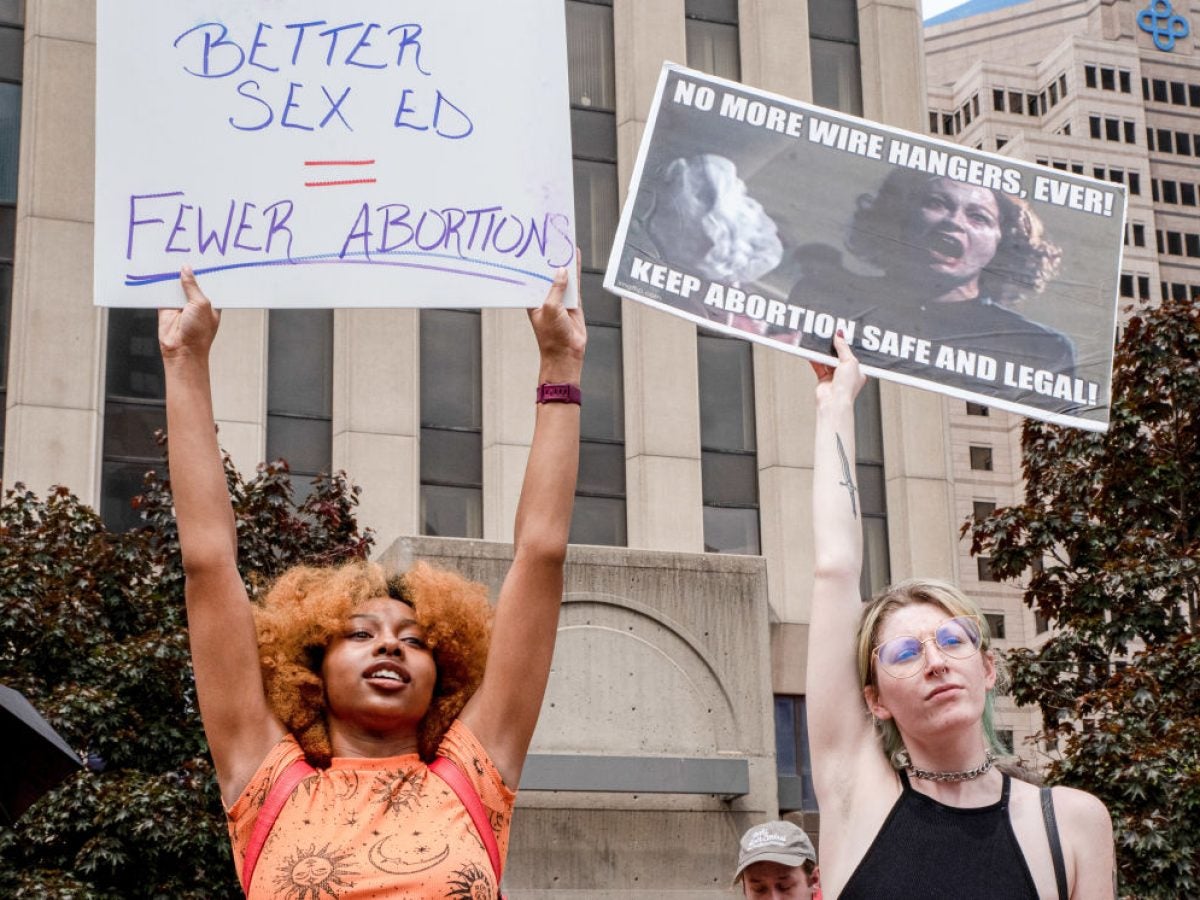
Since the Supreme Court struck down federal abortion protections last summer with their decision in Dobbs v. Jackson Women’s Health Organization, voters have continued to express their support for reproductive rights at the ballot box.
As NBCNews maps out, “in the seven states that have voted on abortion measures since the Supreme Court overturned Roe v. Wade in June 2022, anti-abortion positions have lost every time.”
This includes the swing state of Michigan- which is a hot commodity during federal elections- and Ohio, which was once a swing state but has shown to be a GOP stronghold since it flipped from Obama to Trump in 2016.
This is bad news for Republicans who have long used abortion as a wedge to maintain a firewall of conservative support. Cracks in that strategy became evident when Democrats surprisingly staved off a “red wave” in Congress and other midterm races last fall.
The most recent test of the political issue played out in Ohio’s special election on Aug. 8, where voters got to decide a more procedural issue that shows underlying support for pro-choice legislation.
With federal constitutional protections no longer available for reproductive rights, states have been looking to create amendments in their state constitutions to protect them. A GOP-led measure in Ohio would have made it harder to pass such an amendment, but voters rejected the measure.
Among other issues, Ohio voters were asked whether constitutional amendments should require 60% of voters to approve the amendment. Currently, amendments can pass with just a simple majority of voter approval.
Meanwhile, state legislatures– which tend to be Republican-controlled– are still emboldened by the Supreme Court’s 2022 Dobbs decision to pass abortion restrictions before most people even know they’re pregnant, effectively banning abortions altogether.
A six-week abortion ban in Iowa was signed into law last month, joining states like Georgia, Texas, and Louisiana in restrictions advocates consider “draconian.”
It remains to be seen whether the energy around reproductive issues will translate into votes for pro-choice candidates in upcoming elections, especially as Republican leaders have appealed to other wedge issues– like book bans and gender identity and expression– to galvanize their base ahead of the presidential race.